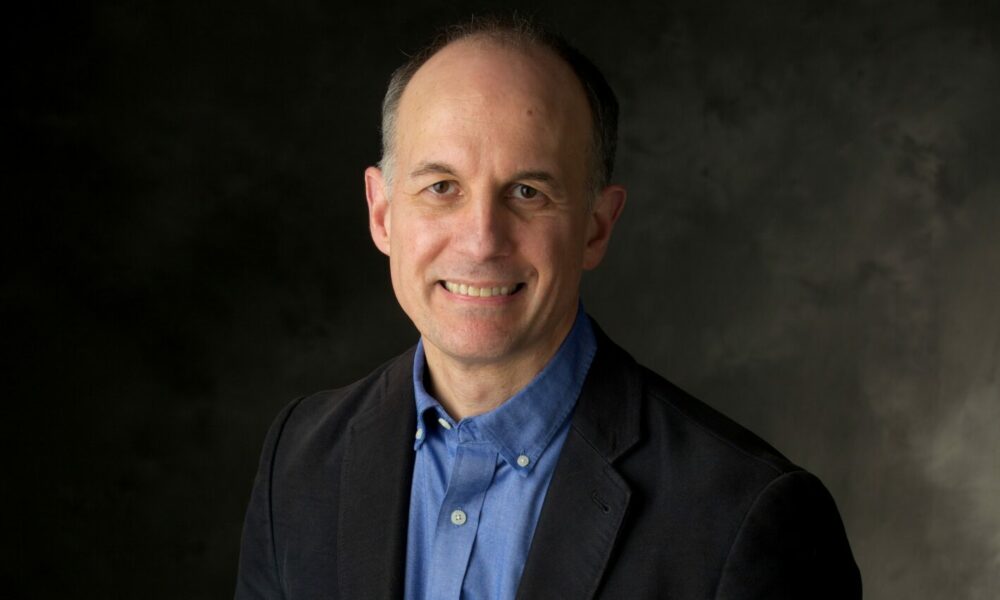

Today we’d like to introduce you to Christopher Swann.
Hi Christopher, we’re thrilled to have a chance to learn your story today. So, before we get into specifics, maybe you can briefly walk us through how you got to where you are today?
In 8th grade, my social studies teacher gave us some creative options for our Revolutionary War unit projects. One of the options was to write a diary or journal from the point of view of a fictitious person who had witnessed or participated in an actual event from the Revolutionary War. I made up a mountaineer from Tennessee who decided he didn’t like this English king and his taxation without representation, so he picked up his musket and joined the American revolution. I remember loving the ability to make up a story, to pretend to be someone else on paper. My teacher praised my project, and my friends even said it was pretty good, which is huge praise coming from thirteen-year-old boys. And that’s when I decided to become a writer.
It’s been a while since I was thirteen, but my dream finally came true with my first novel publication, SHADOW OF THE LIONS, in 2017, and I’ve continued to write and publish since.
Would you say it’s been a smooth road, and if not what are some of the biggest challenges you’ve faced along the way?
I’m not complaining–I needed a lot of time to learn to write and to have something worth writing–but there were many years of half-hearted attempts and full-blown efforts, of mailing manuscripts to publishers and hearing nothing in reply, Aside from any talent I may have, the only reason I’m published is that I didn’t quit. I could have so easily quit at any point. Luckily I’m stubborn, at least about writing.
Once I did sell my first book, to Algonquin, my agent called and said she was leaving her agency to go to CAA and couldn’t take me with her, but a colleague of hers wanted to pick me up as a client. Weeks went by with no word from my agent’s colleague. Then my editor called to say she was leaving Algonquin to go to Ballantine and couldn’t take me with her, So for a brief time I had no agent and no editor. Luckily my first agent’s colleague did finally get back to me, and he has been my agent ever since, and I did get another editor eventually. But for a short time, I thought my fledgling career had imploded.
My second novel was a bear to write. I thought, somehow, that writing novels would get easier as I went along. But every novel is different. I struggled mightily with that second novel. And then I sent it to publishers before it was ready, and every one of them said no. I was crushed until one editor, Jenny Chen from Crooked Lane, reached out for a phone call. I spoke to her in my empty classroom for an hour, talking about the story I was trying to write and the themes I was exploring. By the end of that conversation, I had a two-book deal.
Don’t quit.
As you know, we’re big fans of you and your work. For our readers who might not be as familiar what can you tell them about what you do?
I write novels, which is another way of saying I like to tell long stories and put them down in writing. My novels tend to be literary thrillers, for lack of a better phrase–character-driven fiction with suspense and mystery and crime. I like creating flawed characters who want to do the right thing but struggle because they either aren’t sure what the right thing to do is or they have equally compelling desires to do the opposite. I tend to come up with twisty plots, but I’m most proud of my characters and their voices, whether it’s the narration or the dialogue. I’m a product of creative writing programs, and that’s where I honed my craft at the sentence and word level, which, as a high school English teacher, I find very important. But I’ve always enjoyed authors like Pat Conroy or Martin Cruz Smith or Ann Patchett, who marry literary writing with gripping stories.
My novels are:
SHADOW OF THE LIONS (Algonquin, 2017)
NEVER TURN BACK (Crooked Lane, 2020)
A FIRE IN THE NIGHT (Crooked Lane, 2021)
NEVER GO HOME (Crooked Lane, August 2022)–sequel to NEVER TURN BACK
The crisis has affected us all in different ways. How has it affected you and any important lessons or epiphanies you can share with us?
After we went into lockdown in March of 2020, I couldn’t write anything for weeks. I couldn’t focus on anything, and my attention bounced all over the place–I was like a dog trying to chase a car, a squirrel, and a laser pointer all at the same time. I could hardly even read, which frightened me more than not being able to write. But slowly my mind calmed down enough to where I could read for pleasure again, and thankfully I was in the middle of copy edits for my second book, which were much easier to work on than if I were trying to start a new book.
I learned two things from the pandemic that may seem at odds with each other. One is to trust myself and my ability to write. Panic and fear can be great motivators, but they play havoc with my creative process. Learning to trust my ability to put words down on the page, to find the story, was calming. I knew I could write, that I had done it before and could do it again, and so I suppose that was a sort of self-actualization.
The other lesson, paradoxically, was that I cannot take my writing, or indeed my life, for granted. I have the ability to live and to create stories, and those are precious gifts I need to take advantage of. Like Longfellow says, Art is long, and Time is fleeting.
Contact Info:
- Website: christopherswann.com
- Instagram: instagram.co/christopher_swann/
- Facebook: facebook.com/ccswann
- Twitter: @swannyauthor
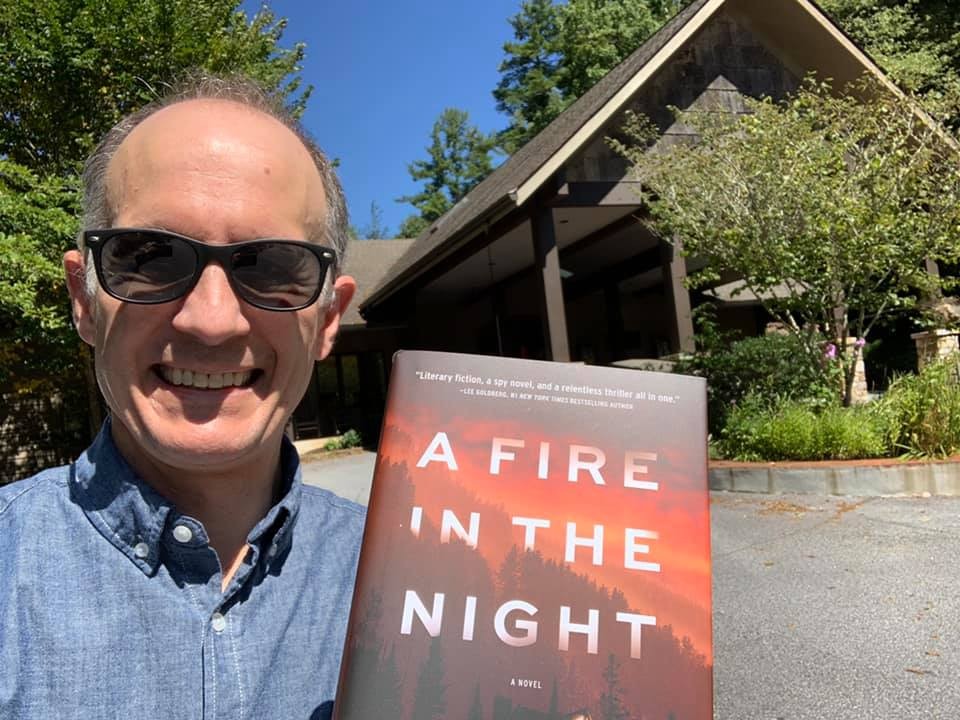
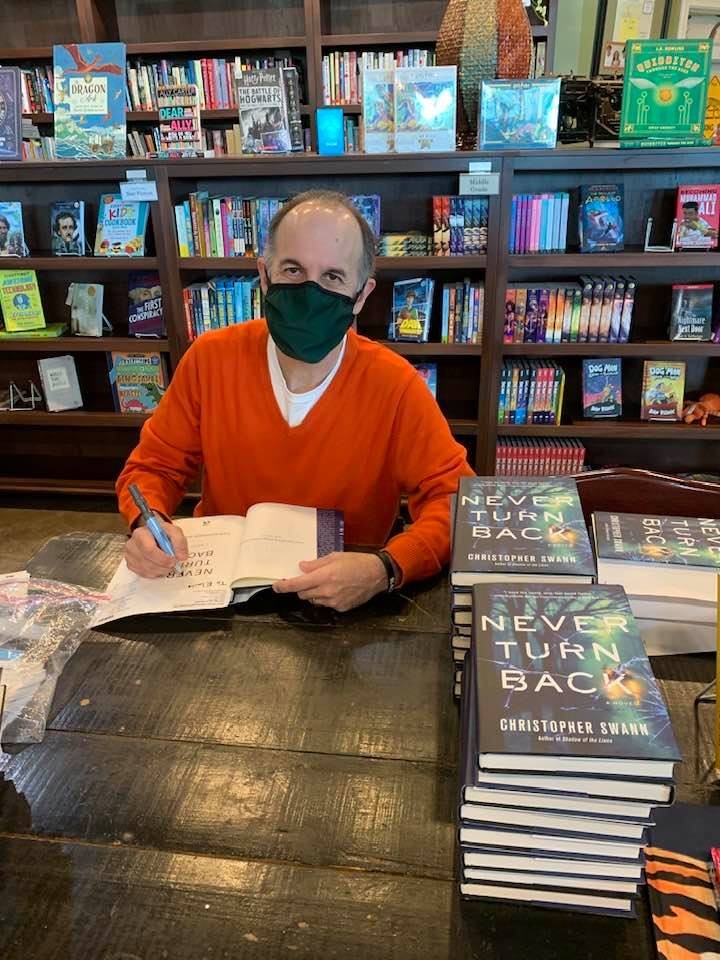
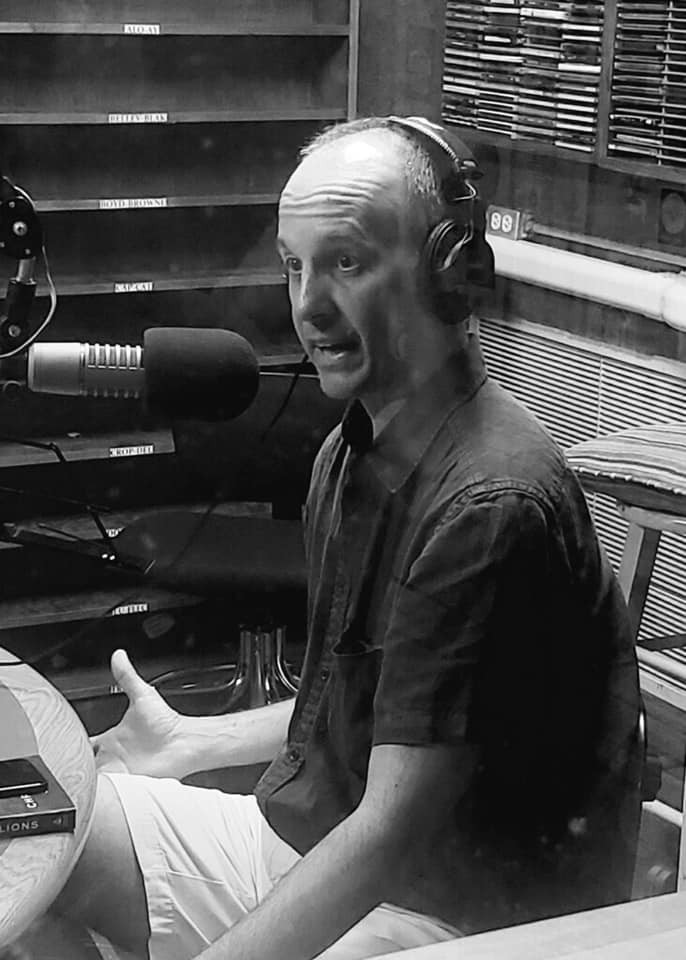
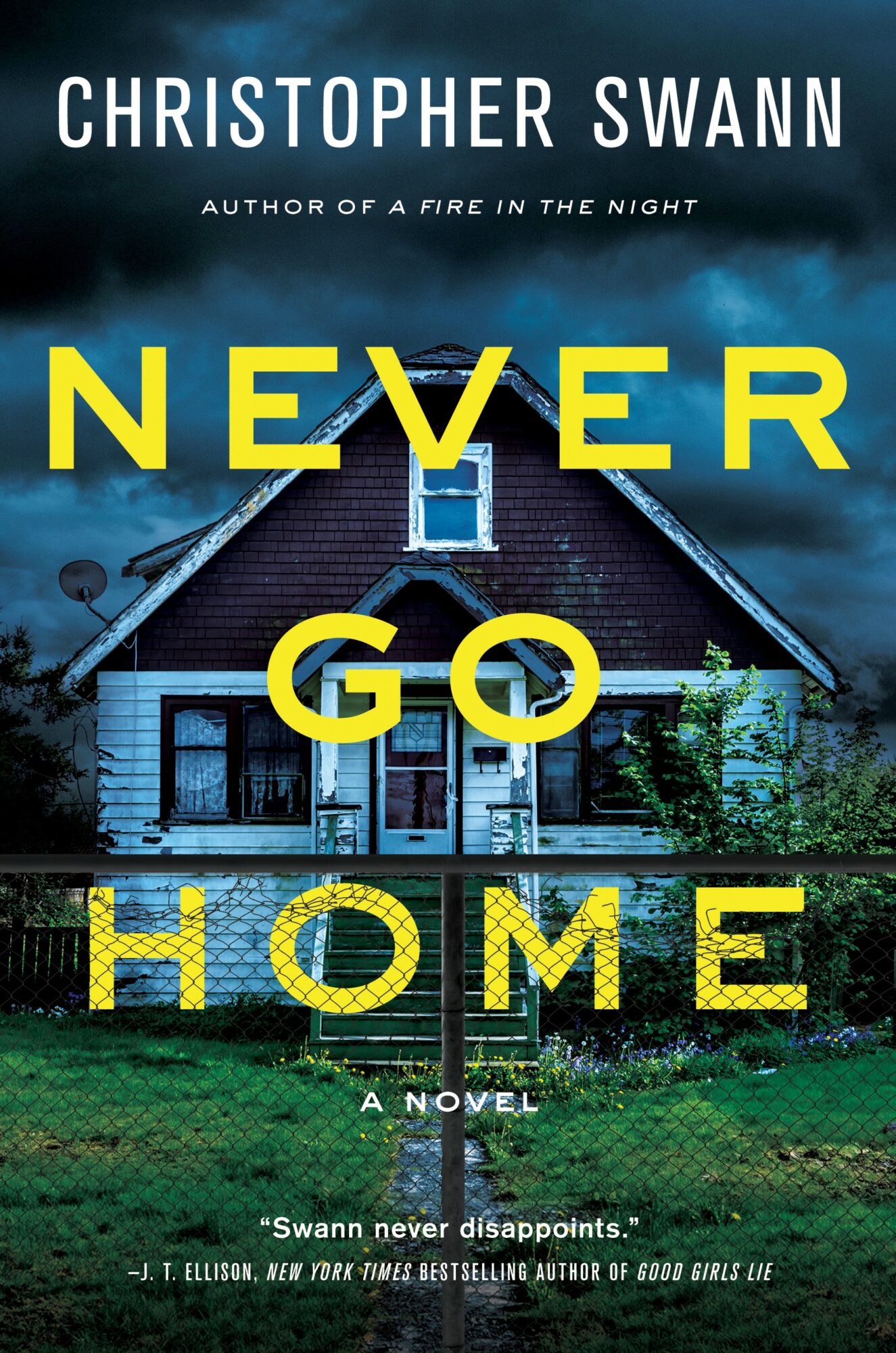 Image Credits
Image Credits
Author photo by Steve Pelosi













